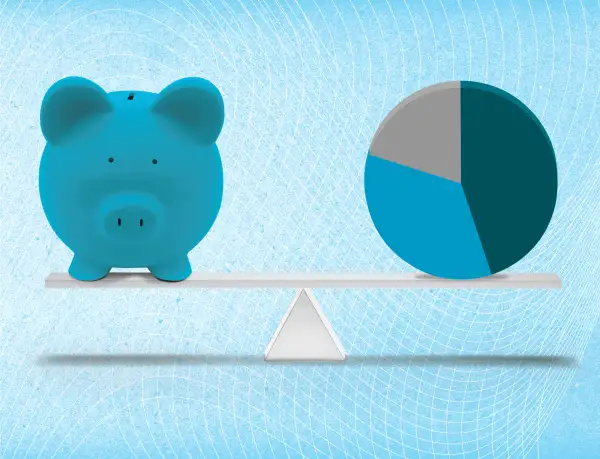Why Should I Invest?

Cash to cover emergencies or short-term spending goals should be held in safely in bank accounts or certificates of deposit. But when you are setting aside money for the long run, things get a bit more complicated. You’ll need to protect yourself against inflation. You also can likely afford to take some risk in exchange for a chance at higher returns.
In recent years, inflation has run at a modest to 2% to 3% per year. But even at that rate, it can reduce the buying power of $1 saved today to the equivalent of about 60 cents after 20 years. “The first thing we have to do is beat the inflation rate with whatever investment we make,” says Rick Ferri, founder of advisory Portfolio Solutions. “If we don’t beat the inflation rate we’re actually losing money, not making money.”
An investment in bonds or in a bond mutual fund is likely—but usually not guaranteed—to grow your money fast enough to at least keep up with rising prices. (One kind of bond is designed to keep pace with inflation: Treasury Inflation-Protected Securities, or TIPS.) But you have good chance of doing better by investing in equities. Large cap stocks have earned an annualized average of about 10% since 1928, or about 7% after inflation. That return is no free lunch, however: In 2008, stocks fell a sharp 37%.
Investing, then, is about making a trade off. You give up security in hopes that over the long run your money will grow faster.